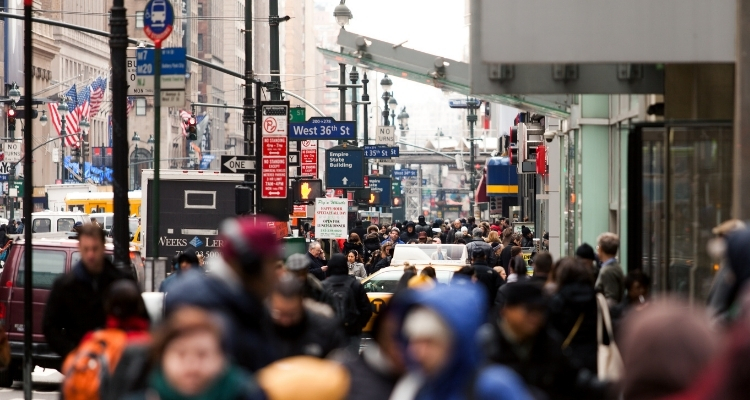.jpg)
October 30, 2021
Written by:
Joshua Wurtzel
In an order entered on October 28, 2021, a divided panel of the Second Circuit reversed a district court’s order that had dismissed commercial landlords’ challenge to a New York City law that relieved many individual guarantors of commercial leases from liability for rent due between March 7, 2020 and June 30, 2021.
Under this New York City law, individual guarantors were relieved of their obligations to pay a defaulting commercial tenant’s rent between March 7, 2020 and June 30, 2021 if the tenant was required to shut down under Governor Cuomo’s various shutdown orders in the spring of 2020. This law provided a safe haven for many individual guarantors, who often personally guaranteed the lease obligations of their businesses. But it also left commercial property owners holding the bag for 16 months of unpaid rent, since many defaulting commercial tenants are special-purpose entities or businesses that have gone under.
Last year, a group of landlords challenged the law in federal court on the ground that it violated the Contracts Clause of the U.S. Constitution. But on November 25, 2020, the district court dismissed the suit, holding that the law advanced a legitimate public interest and was reasonable and necessary to advance that public interest.
On October 28, 2021, however, a divided panel of the Second Circuit reversed the district court’s dismissal order, holding that—assuming the truth of their allegations—the landlords adequately alleged that the law violated the Contracts Clause of the U.S. Constitution.
The impact of this decision on commercial landlords and tenants is not immediately clear. Critically, the Second Circuit did not rule as a matter of law that the law is valid, but instead merely held that the landlords’ suit challenging the law couldn’t be dismissed as a matter of law. In reaching this conclusion, the Second Circuit identified several issues to be developed in discovery, including whether landlords are likely to be able to collect rent from entity tenants, whether the law is appropriately tailored to advance the stated public interest, and the availability of pandemic-related financial assistance that may bear on the reasonableness of the law’s impairment. Thus, whether this law will ultimately be upheld—after discovery and the development of a factual record—remains uncertain, and commercial landlords and guarantors will have to live with that uncertainty for some time.
The court also identified some problems with the law that the New York City Council may try to fix in an effort to salvage it—either now or after it is struck down (if it is). Specifically, the court left open the possibility that a law that defers, rather than extinguishes, guarantors’ liability may survive. And the court also suggested that a law that conditions relief on a guarantor’s financial need or a tenant’s reopening of its business may also face less problems. A representative of the city stated that it will continue its defense of the law, but whether the City Council will also try to put band-aids on the existing law remains up in the air.
What Does This Mean for Landlords?
Though messy, the advice for commercial landlords going forward is that they should consider including claims for unpaid rent during the COVID period in their suits against guarantors, even if the guarantor would otherwise qualify for relief under this New York City law. And guarantors should consider it possible, if not likely, that this New York City law does not survive—at least not fully—and that they may be on the hook for rental arrears during the COVID period.
